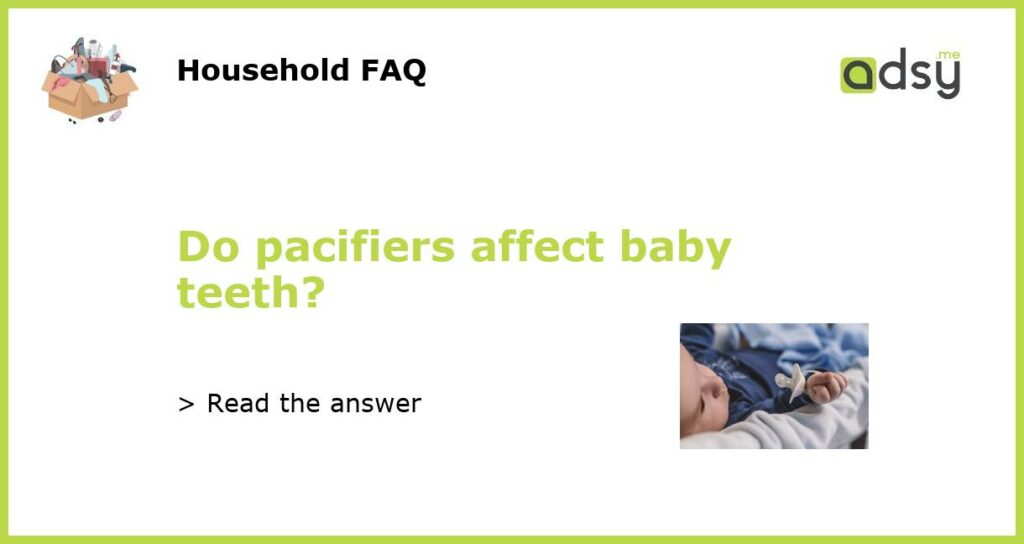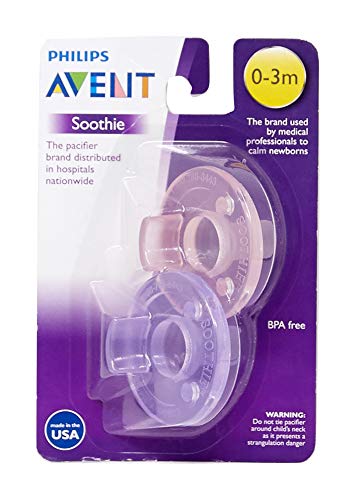The Effect of Pacifiers on Baby Teeth Explained
Pacifiers, also known as soothers or dummies, are a common comfort item for many babies. They can help soothe and calm a fussy baby, but many parents wonder if using a pacifier can have a negative impact on their child’s teeth. In this article, we will explore the effect of pacifiers on baby teeth and provide some guidance for parents.
Potential Dental Issues Caused by Pacifiers
Prolonged use of pacifiers can lead to a variety of dental issues in babies and young children. One of the most common issues is the misalignment of teeth and jaw development. Babies who use pacifiers for an extended period may experience an open bite, where the front teeth do not come together properly when the mouth is closed. This can result in difficulty with biting and chewing food.
In addition to misalignment, pacifier use can also cause changes in the shape of the roof of the mouth. The constant pressure of the pacifier against the roof of the mouth can cause it to become narrow and high, leading to potential speech problems.
Prevention and Limitation of Pacifier-Related Dental Problems
While pacifiers can have negative effects on dental development, the good news is that these issues can often be prevented or minimized with proper usage. It is recommended to limit pacifier use after the age of two, as this is when most children’s teeth and jaw development are well underway. Biting and chewing exercises can also be beneficial in promoting proper jaw development.
It is important to note that the overall impact of pacifiers on dental health will vary from child to child. Some children may experience no issues at all, while others may be more susceptible to dental problems. Regular dental check-ups are essential to monitor and address any concerns that may arise.
How to Wean Your Baby off the Pacifier
If you are concerned about the potential effects of pacifiers on your child’s teeth and jaw development, you may consider weaning them off the pacifier. Here are some tips to help make the transition easier:
- Start by using the pacifier only during naptime and bedtime.
- Gradually reduce the amount of time your child spends with the pacifier.
- Offer alternative comfort items, such as a stuffed animal or blanket, to help your child cope without the pacifier.
- Praise and reward your child for not using the pacifier.
- Seek guidance from your pediatric dentist or healthcare provider for additional support and strategies.
The Importance of Balancing Comfort and Oral Health
While pacifiers can provide comfort and help soothe a fussy baby, it is important to strike a balance between this comfort and maintaining good oral health. If you choose to use a pacifier, be mindful of the potential dental issues that can arise and take steps to prevent or minimize them. Regular dental check-ups and open communication with your child’s dentist can help ensure that any concerns are addressed promptly.






